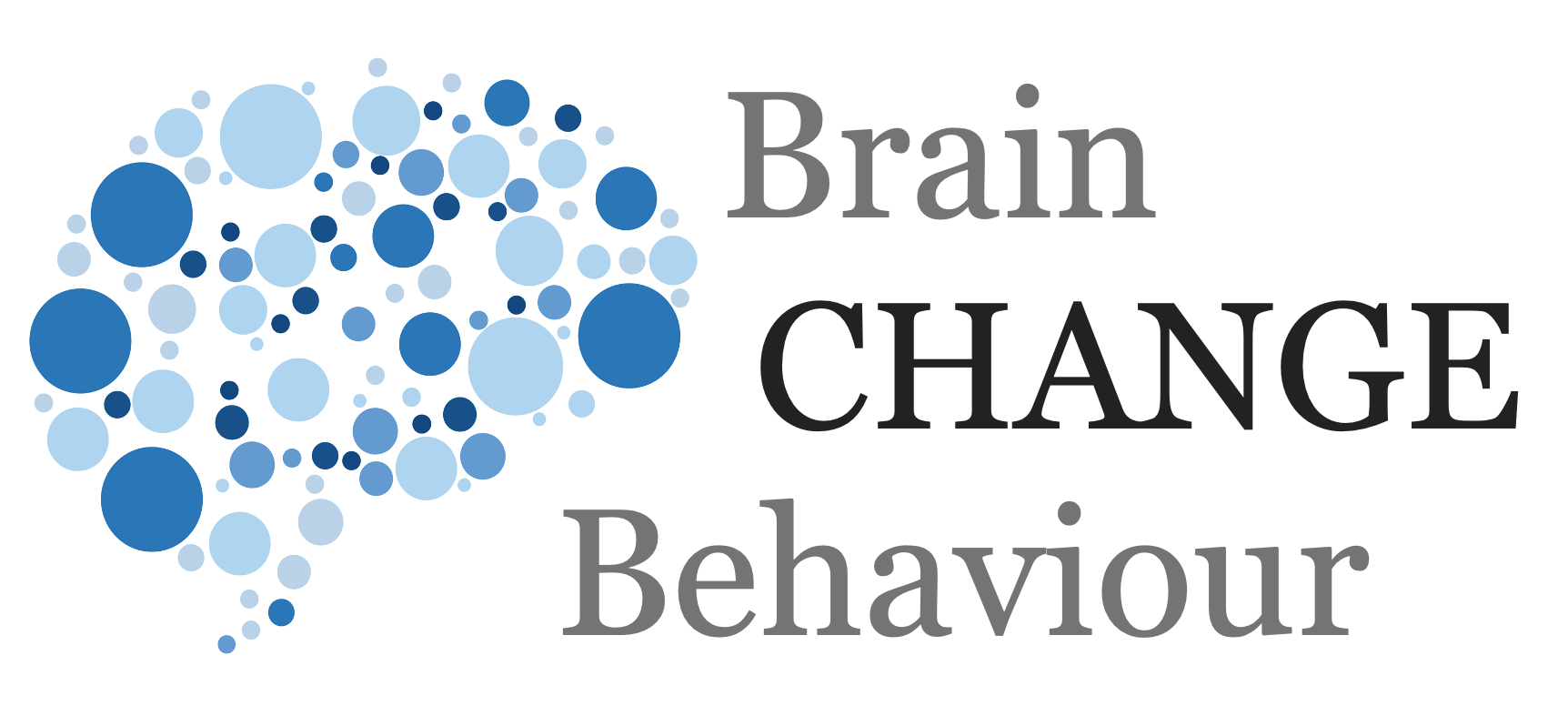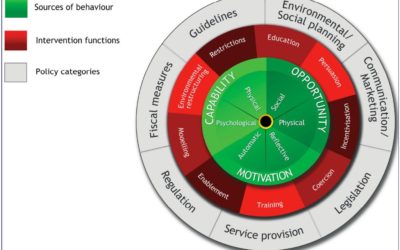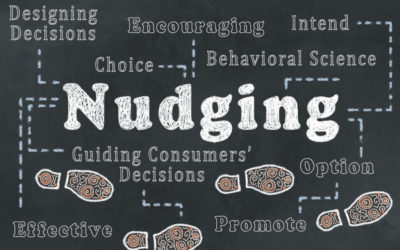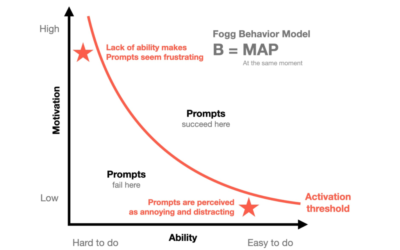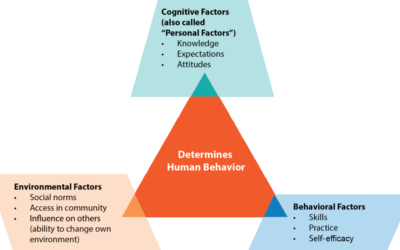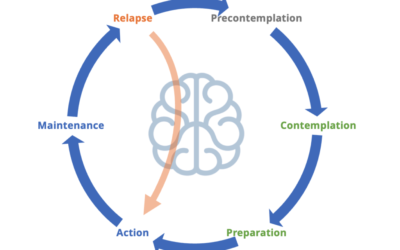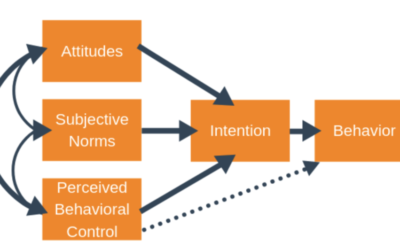
A false positive has become better-known to the general public during the pandemic and with COVID-19 testing particularly with home based quick tests. We know these are 90-95% accurate but this means that in 5-10 times per 100 they will record a false positive, a positive result when there is none. This can be checked with a further more accurate test. The more worrying one, in the case of the COVID-19 testing, is the false negative. Worrying because someone could then feel safe and infect someone else.
But back to change or corporate initiatives. We probably all know the process. Someone has a cool idea and manages to get a leader, or more, on board. Everybody says, “let’s run a trial/pilot” the trial works well and we trot along to senior leadership saying we have a great idea, the trial went really well, and this will have a positive impact: more engagement, or save money, or earn more money. Senior leadership is impressed – you have done your background work, the trial is good, the budget is therefore approved and off you go…to unspectacular results.
One reason is that one single trial could have been a fluke (the other reasons are listed here). One single trial with a few people is not enough. This is well known in statistics – the smaller the population the more unreliable the data. In psychology we would look to a minimum of 100 participants but that is bare minimum, preferably 1000 participants. In the corporate world that may be unrealistic with time and resource restrictions, but the general advice is run three independent trials.
If you run three independent trails you will have a much better grasp on what is happening and whether your idea can be successful. You may also be able to identify further with who and in what context it could be successful, which are the representativeness problems. Alternately you can run a trial which can then be expanded to a larger scale pilot, to an even larger scale feasibility exercise.
However, the advantage of three (or more) trials is it gets a better grip on false positives but also gets a grip on false negatives which are lost opportunities.
The Simple Takeaway
-
- Aim to run multiple independent trials
- Trial / pilot on large groups
© leading brains 2022
References
More articles on limitations to behavioural change
The Nine Interventions
There have been multiple models of behaviour and behavioural change proposed over the years. These have taken different viewpoints of behaviour.
Two Types of Willpower
Will power can be different things – but not according to us everyday folk…
Mask-Wearing Makes You Better Behaved
This is a fascinating study that shows that wearing masks changes behaviour in subtle but important ways…
Behavioural Change Theories
There have been multiple models of behaviour and behavioural change proposed over the years. These have taken different viewpoints of behaviour.
Behavioural Change Wheel
The Behaviour Change Wheel is the result of a systematic review of change models, frameworks, and theories, followed by the subsequent realisation that they were not aligned and describing different things.
Nudge
A nudge in everyday language is a gentle push. Something that is none aggressive but significant enough to be noticed and often triggers a behaviour…
B-MAT
The B-MAT model is similar to the COM-B model included in the Behavioural Change Wheel which aims to explain behaviour and its antecedents and therefore aim to guide behavioural change attempts
Social Cognitive Theory
Social Cognitive Theory by famed psychologist Bandura is grounded, as the name suggests, in social contexts saying that behaviour is driven by the triad of behaviour, personal, and environmental factors
The 6 Stages of Behavioural Change
The 6 stages of change model is also known as the transtheoretical model and focuses on the steps of change. This has focused on changing individual’s behaviour to a new healthier behaviour.
Theory of Planned Behaviour
he theory of planned behaviour is a psychological theory proposed by Icek Ajzen that links beliefs to behaviour. This builds on the theory of reasoned action
